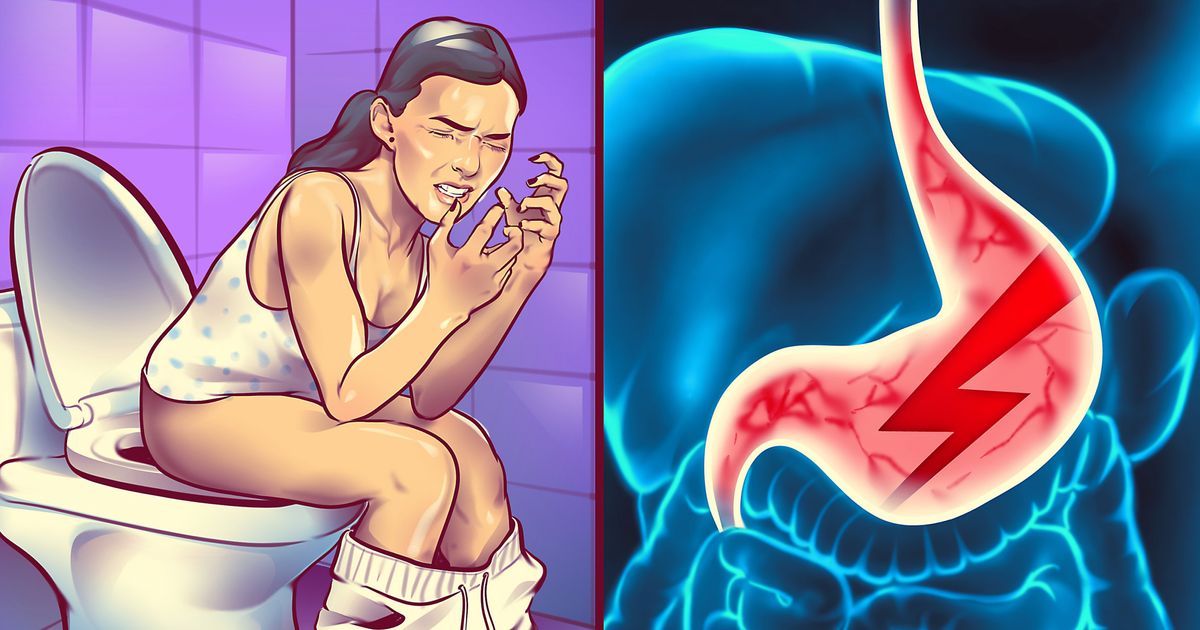Waking up in the middle of the night can be frustrating, especially when you’re left staring at the ceiling, wondering why you can’t stay asleep. Poor sleep not only leaves you feeling groggy the next day but can also impact your overall health, mood, and productivity.
If you’re struggling with mid-sleep awakenings, you’re not alone. Millions of people experience this issue, often due to common but overlooked factors. In this article, we’ll explore 6 reasons you’re waking up mid-sleep and provide actionable solutions to help you sleep soundly through the night.
Why Do I Wake Up In The Middle Of The Night?
Wrong Sleep Position: The Hidden Culprit Behind Disrupted Sleep
Your sleep position plays a significant role in how well you rest. Sleeping in the wrong position can lead to discomfort, pain, and even breathing difficulties, causing you to wake up mid-sleep.
- Common Issues:
- Sleeping on your stomach can strain your neck and spine.
- Sleeping on your back may worsen snoring or sleep apnea.
- Fix It:
- Try sleeping on your side with a pillow between your knees to align your spine.
- Use a supportive mattress and pillows to maintain proper posture.
Expert Insight: According to the Sleep Foundation, side sleeping is the best position for reducing sleep disruptions and improving breathing.
Environmental Noise: How Sound Affects Your Sleep Cycle
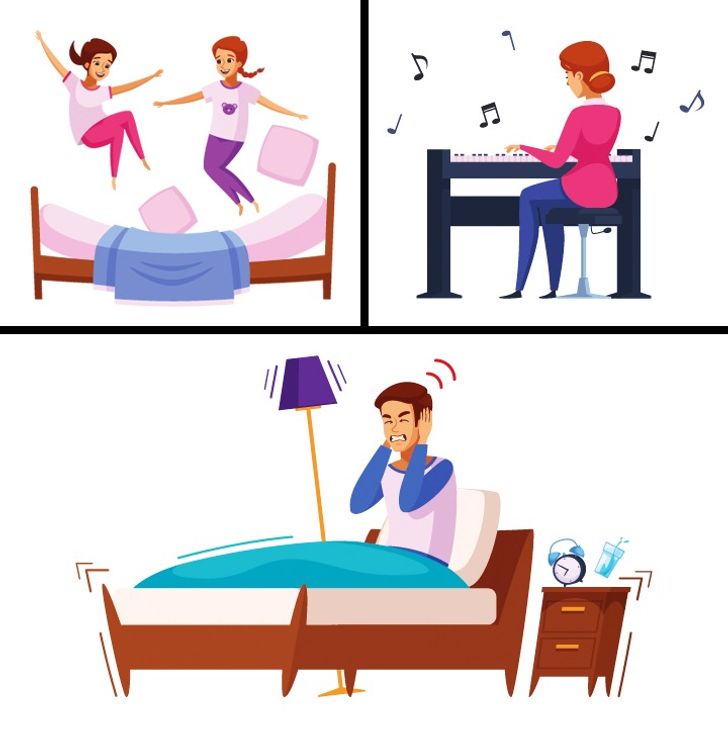
Even if you don’t fully wake up, environmental noise like traffic, loud neighbors, or a snoring partner can disrupt your sleep cycle, leaving you feeling unrested.
- Why It Happens: Noise triggers your brain to shift from deep sleep to lighter sleep stages, making you more likely to wake up.
- Fix It:
- Use white noise machines or apps to mask disruptive sounds.
- Invest in earplugs or soundproof curtains for a quieter sleep environment.
Research Backing: A study published in Noise & Health found that consistent exposure to nighttime noise can lead to fragmented sleep and long-term health issues.
Sleep Apnea: A Serious Condition Disrupting Your Rest
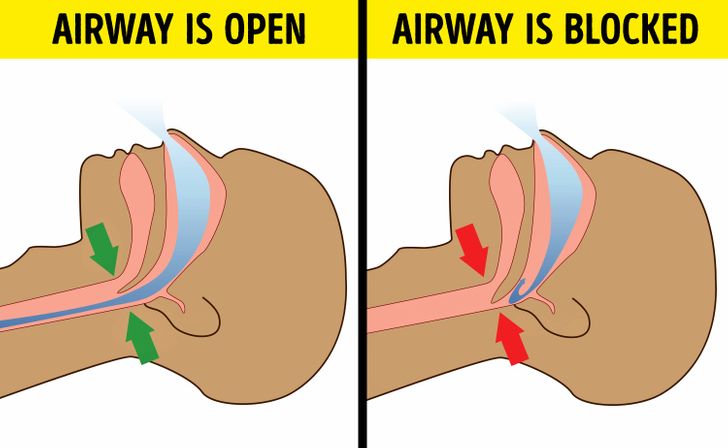
Sleep apnea is a common but often undiagnosed condition where your breathing repeatedly stops and starts during sleep. This can cause you to wake up gasping for air, even if you don’t fully remember it.
- Symptoms to Watch For:
- Loud snoring
- Choking or gasping during sleep
- Daytime fatigue
- Fix It:
- Consult a sleep specialist for a diagnosis and treatment options, such as a CPAP machine.
- Maintain a healthy weight and avoid alcohol before bed, as these can worsen sleep apnea.
Expert Insight: The American Sleep Apnea Association estimates that 22 million Americans suffer from sleep apnea, with many cases going undiagnosed.
Restless Legs Syndrome: The Uncomfortable Sleep Thief
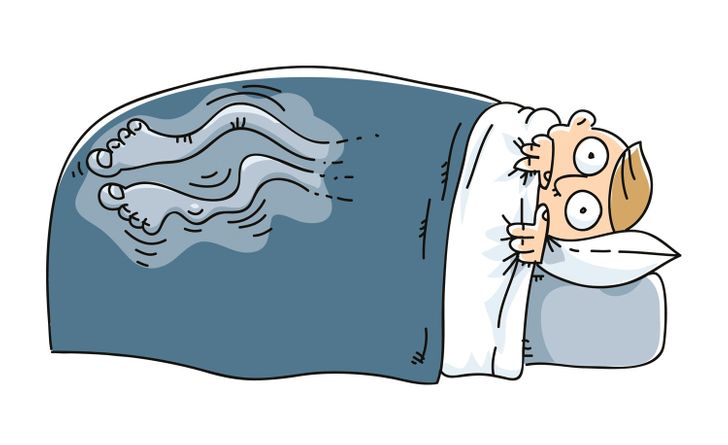
Restless Legs Syndrome (RLS) is a neurological condition characterized by an irresistible urge to move your legs, especially at night. This can make it difficult to fall asleep and stay asleep.
- Symptoms to Watch For:
- Tingling, itching, or crawling sensations in the legs
- Relief only when moving or stretching
- Fix It:
- Avoid caffeine and alcohol, which can trigger RLS symptoms.
- Practice relaxation techniques like yoga or meditation before bed.
Research Backing: A study in Sleep Medicine Reviews found that iron deficiency is a common cause of RLS, so consider getting your iron levels checked.
Wrong Room Temperature: Too Hot or Too Cold for Comfort
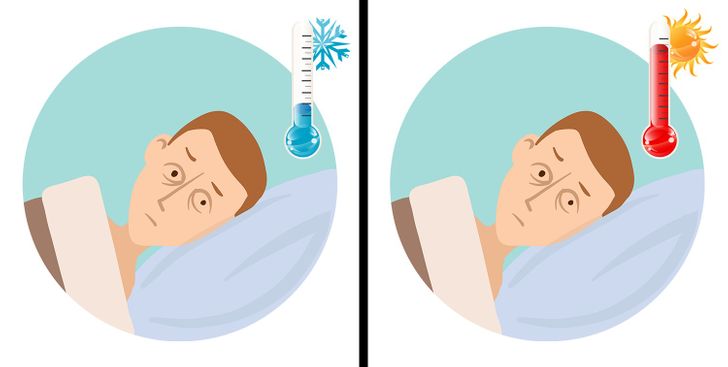
Your bedroom temperature can significantly impact your sleep quality. A room that’s too hot or too cold can disrupt your body’s natural thermoregulation, causing you to wake up mid-sleep.
Choose breathable bedding materials like cotton or bamboo.
Ideal Temperature: The National Sleep Foundation recommends keeping your bedroom between 60-67°F (15-19°C) for optimal sleep.
Fix It:
Use a programmable thermostat to maintain a consistent temperature.
Drinking Alcohol: The Nightcap That Backfires
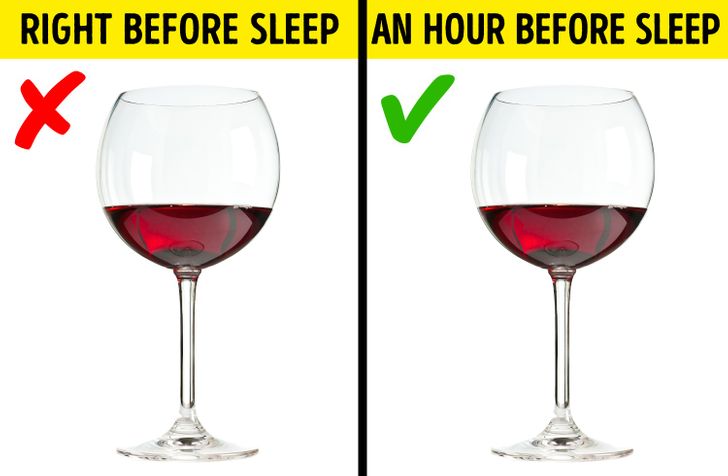
While alcohol may help you fall asleep faster, it’s a major culprit behind mid-sleep awakenings. Alcohol disrupts your sleep cycle, reducing the amount of restorative REM sleep you get.
- Why It Happens: Alcohol metabolizes quickly, causing a rebound effect that wakes you up as your body processes it.
- Fix It:
- Avoid alcohol at least 3-4 hours before bedtime.
- Opt for a calming herbal tea like chamomile instead.
Expert Insight: According to the National Institute on Alcohol Abuse and Alcoholism, even moderate alcohol consumption can negatively impact sleep quality.
Conclusion: Take Control of Your Sleep
Waking up mid-sleep doesn’t have to be a nightly struggle. By addressing these 6 common causes, you can create a sleep-friendly environment and habits that help you stay asleep through the night.
Next Steps: Start by identifying which of these factors might be affecting you and implement the suggested fixes. If problems persist, consider consulting a sleep specialist for personalized advice.

